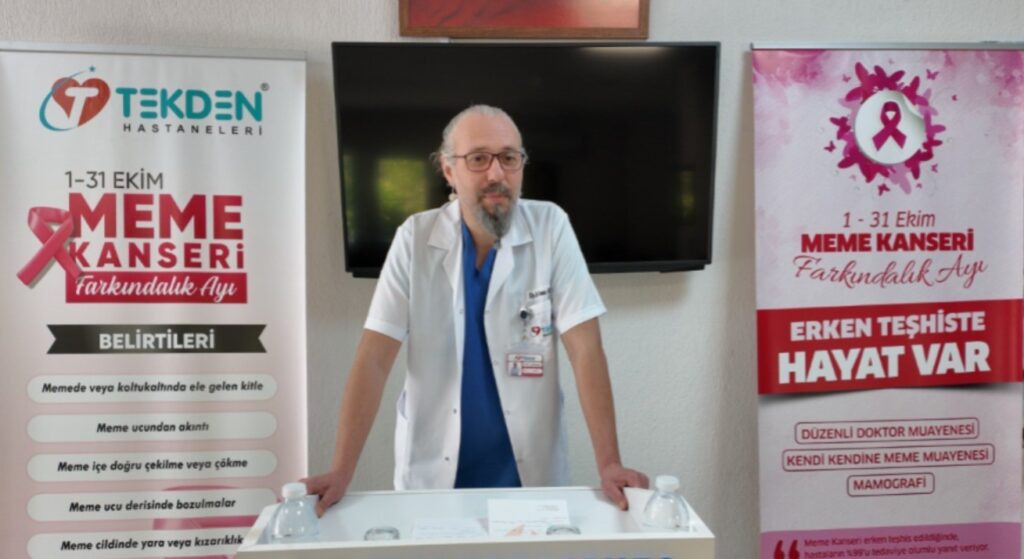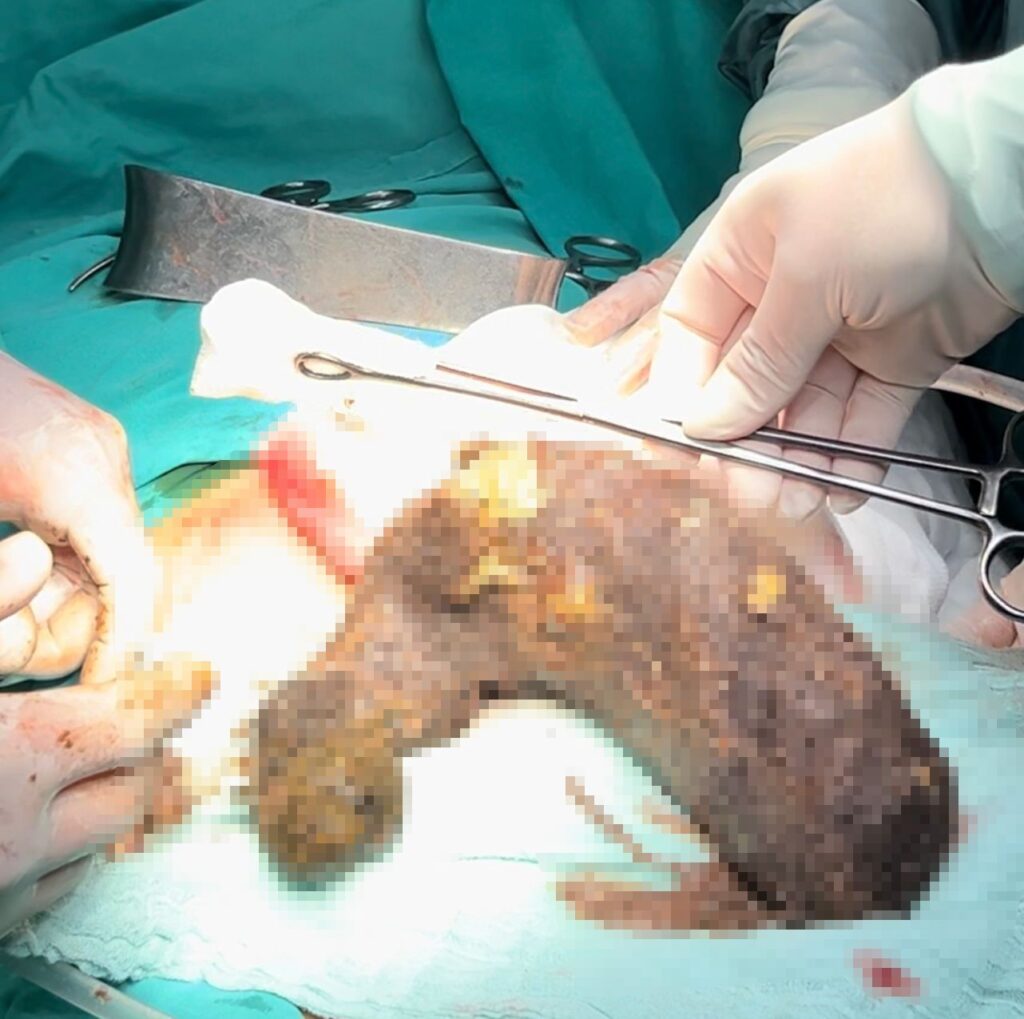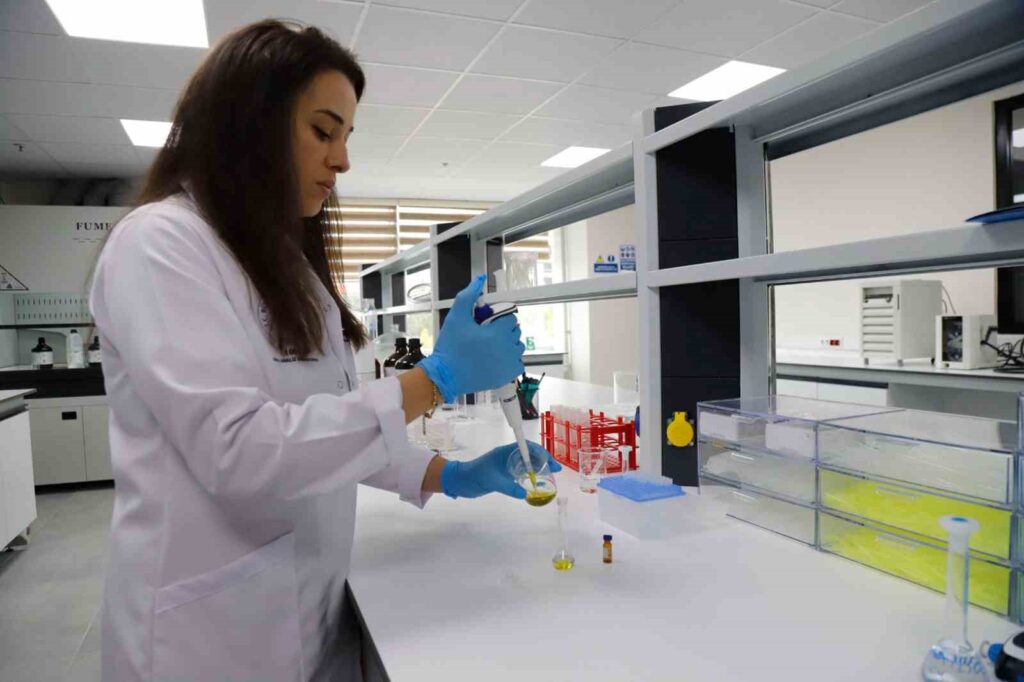Early diagnosis in breast cancer affects both treatment and survival rates.
Emphasizing that there are 60 thousand cases of breast cancer each year in Turkey, Op. Dr. Yunus Acar, a General Surgery Specialist at Denizli Private Tekden Hospital, made important warnings. Highlighting the significance of early diagnosis in breast cancer, Op. Dr. Acar stated, “Stage one breast …

Emphasizing that there are 60,000 cases of breast cancer in Turkey every year, General Surgery Specialist Op. Dr. Yunus Acar from Denizli Private Tekden Hospital made important warnings. Highlighting the significance of early diagnosis in breast cancer, Dr. Acar stated, “There are serious differences in treatment and survival between stage one breast cancer and stage two breast cancer.”
Every year, 2.5 million new breast cancer cases are diagnosed worldwide. In Turkey, approximately 5,000 breast cancer cases are diagnosed each month. During Breast Cancer Awareness Month in October, Dr. Yunus Acar made significant informative statements. Stating that breast cancer is more common in women, Dr. Acar noted that they conduct awareness activities every year in October, which is Breast Cancer Awareness Month. Experts indicated that while breast cancer is most commonly seen in women, men also have a risk of developing breast cancer, emphasizing that, as with all types of cancer, early diagnosis is vital in breast cancer as well. General Surgery Specialist Dr. Yunus Acar pointed out that early detection, diagnosis, and the patient’s awareness of their breast tissue are important for physicians.
“It is possible to prevent breast cancer before it develops”
Dr. Acar stated that it is possible to prevent breast cancer before it develops and that breast cancer can be prevented through appropriate lifestyle changes. He said, “The first stage is awareness. Our goal is to explain to patients what breast cancer is, its consequences, treatment, and awareness of their breast tissue. The second and most important stage is prevention. Breast cancer is a preventable disease. We can prevent breast cancer through appropriate lifestyle changes. Preventing it before it develops is the most important step for us. Therefore, throughout October, our main goal is to raise awareness among our patients and to prevent breast cancer with all our efforts. The third stage is screening. We have annual routine screenings. With the recommendation of the Ministry of Health, a mammogram is taken once a year, and if necessary, ultrasound screenings for breast cancer are conducted. We do not want any patient to neglect their screenings. The fourth stage is early diagnosis. Early diagnosis is important for every cancer, but it has extra significance for breast cancer. Because breast cancer is a disease that can be treated almost completely in early diagnosis. The fifth stage is the treatment section. In the treatment phase, you will entrust yourself to us, and the sixth part is lifelong screening, follow-up, and support after treatment,” he said.
Aging and obesity pose risks for breast cancer
Dr. Acar pointed out that breast cancer becomes riskier with age and that people with obesity have a significantly increased risk of cancer. He stated, “Firstly, advanced age. Breast cancer is predominantly seen in individuals over 40 years of age, especially between 55-60 years. Secondly, family history; those with a history of breast cancer in their family are at extra risk. Thirdly, obesity. As in everything, weight is a problem in cancer risk as well. Especially in breast cancer, obesity is a serious risk factor. Fourthly, vital and dietary factors. Fifth, some hormone medications,” he said.
Dr. Acar also listed the precautions that can be taken to avoid breast cancer. He stated, “We have four proven key factors to prevent breast cancer. The first and most important is daily exercise. Simple exercises for about 20 minutes a day are significantly effective in preventing breast cancer. The second is obesity; losing excess weight and reaching a healthy weight is important for protection against breast cancer. The third is to increase the consumption of fruits and vegetables. Daily intake of 3-4 portions of fresh fruits and vegetables leads to a significant reduction in breast cancer risk. Similarly, reducing alcohol consumption or eliminating alcohol, if possible, also lowers the risk of breast cancer,” he said.
“There is a significant difference in treatment and survival between stage one and stage two breast cancer”
Dr. Yunus Acar emphasized the great importance of early diagnosis and detection in breast cancer, stating, “Breast cancer is generally a well-behaved cancer. The average 5-year survival rate for breast cancer is about 91%. In other words, we predict that 91 out of 100 breast cancer patients will survive over 5 years. Of course, we cannot know this definitively, but it can be predicted. Especially in early-stage breast cancer, 996 out of a thousand breast cancer patients will have a 5-year survival rate. This means that only 4 out of a thousand patients will die from early-stage breast cancer. The majority of deaths from breast cancer are due to patient neglect. Therefore, please do not neglect your screenings. These screenings are entirely for the purpose of early diagnosis of breast cancer. In early diagnosis, breast cancer is a disease that can be treated almost completely. There are significant differences in treatment and survival between stage one and stage two breast cancer,” he said.
“Every woman over the age of 20 should have an examination every 1 to 3 years”
Dr. Acar noted that women over the age of 20 should have clinical examinations by a physician at certain intervals, and every patient should perform a self-examination once a month. He stated, “In screenings, every woman over the age of 20 should have a clinical breast examination by a physician every 1 to 3 years, and every woman over the age of 40 should have an annual or biennial examination according to some guidelines. The Ministry of Health recommends mammography every two years. An annual mammogram and yearly breast examination are necessary for us. Additionally, we encourage every patient to perform a self-examination once a month to recognize their breasts and notice any changes. Therefore, get to know your breasts, and do not neglect your screenings.”







